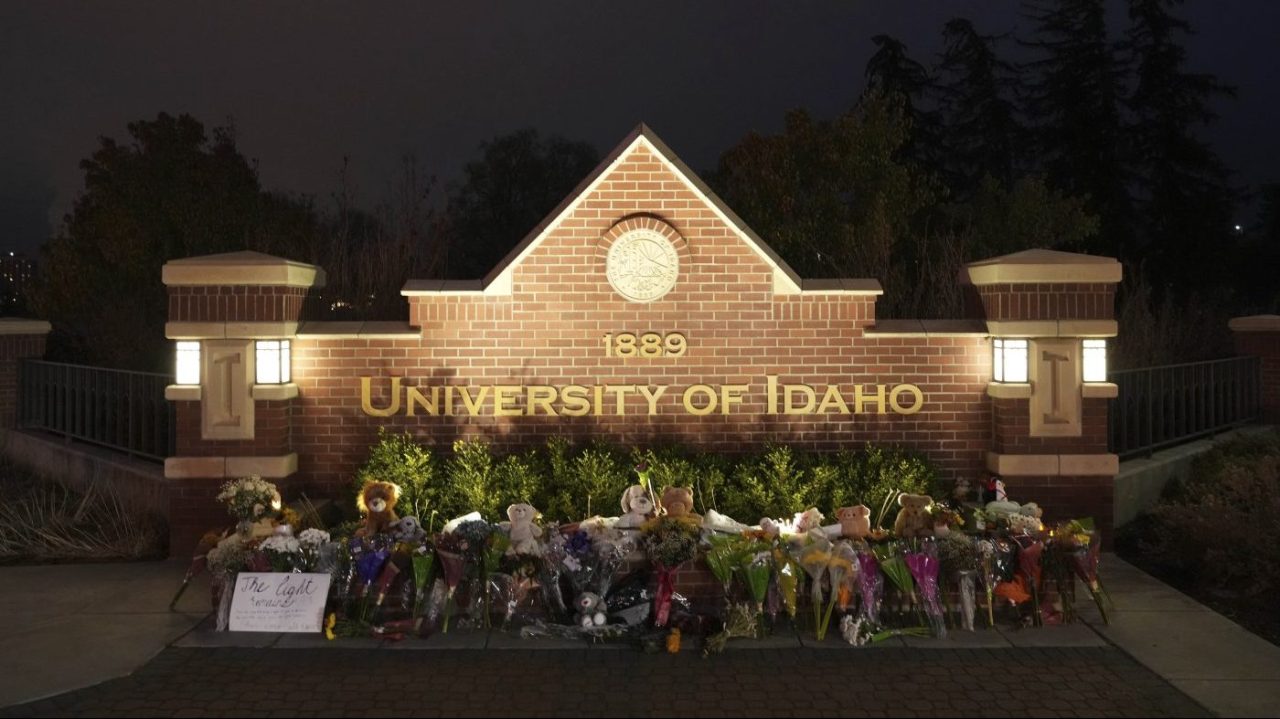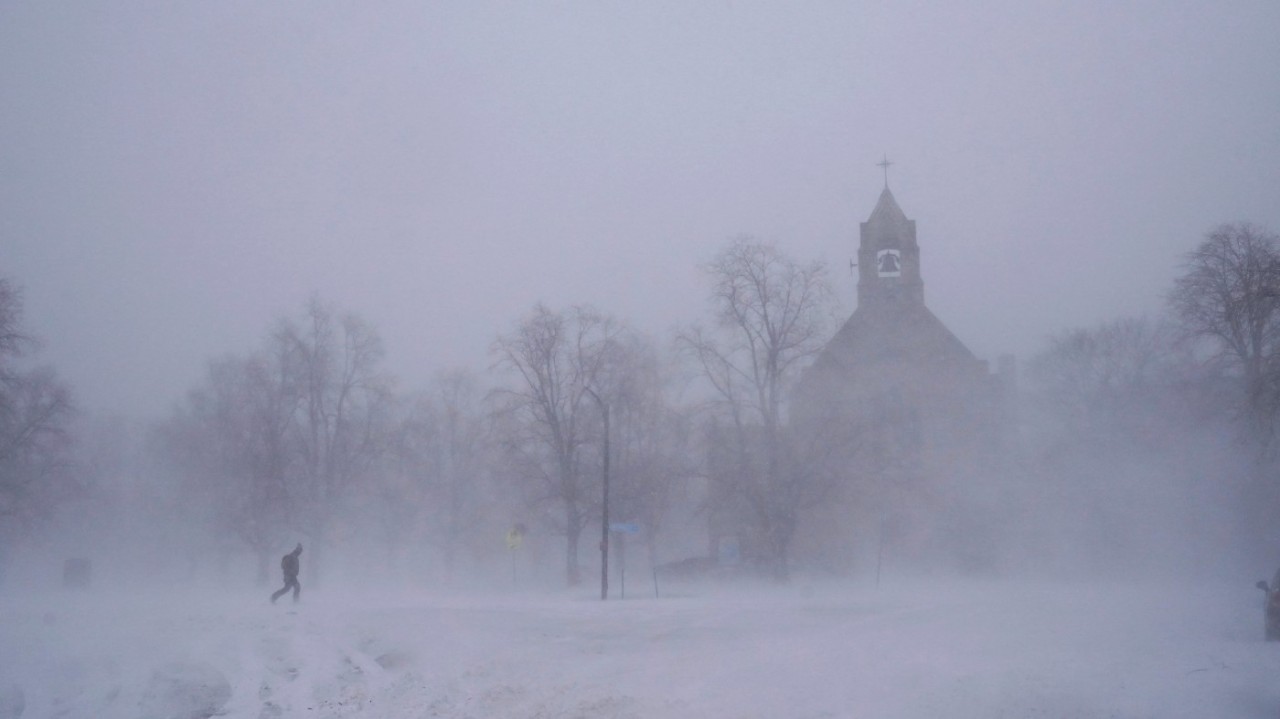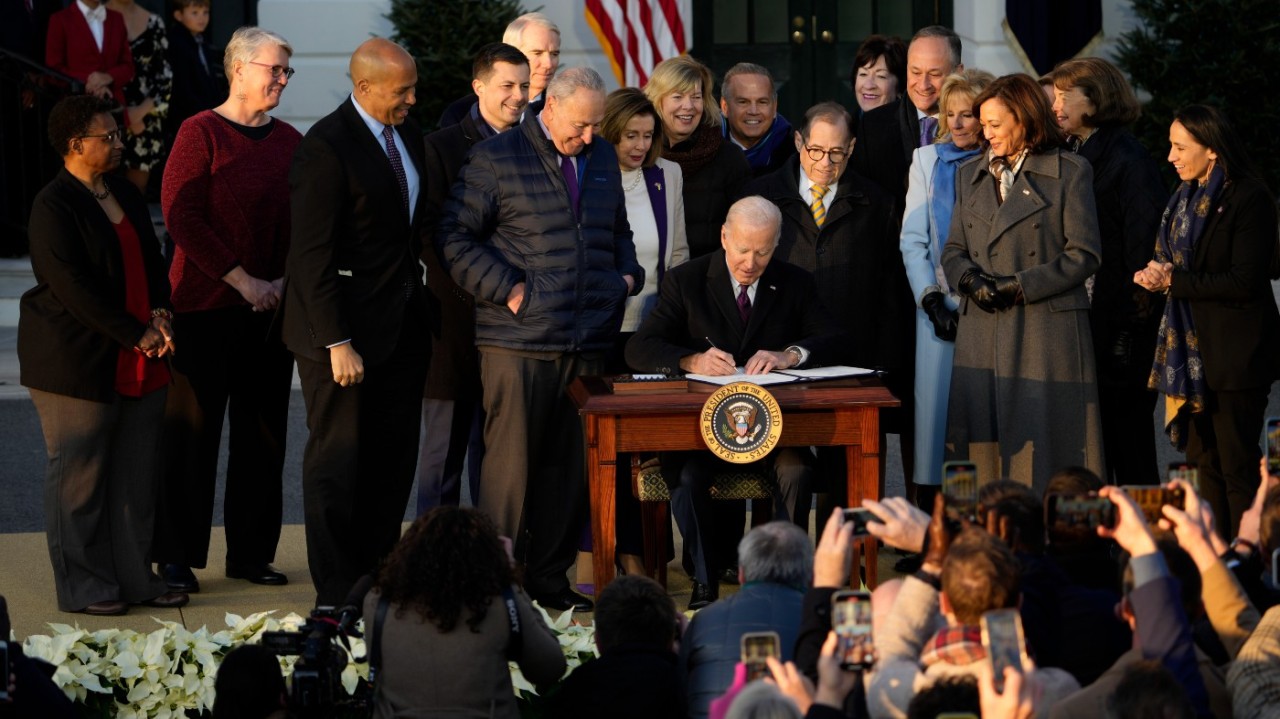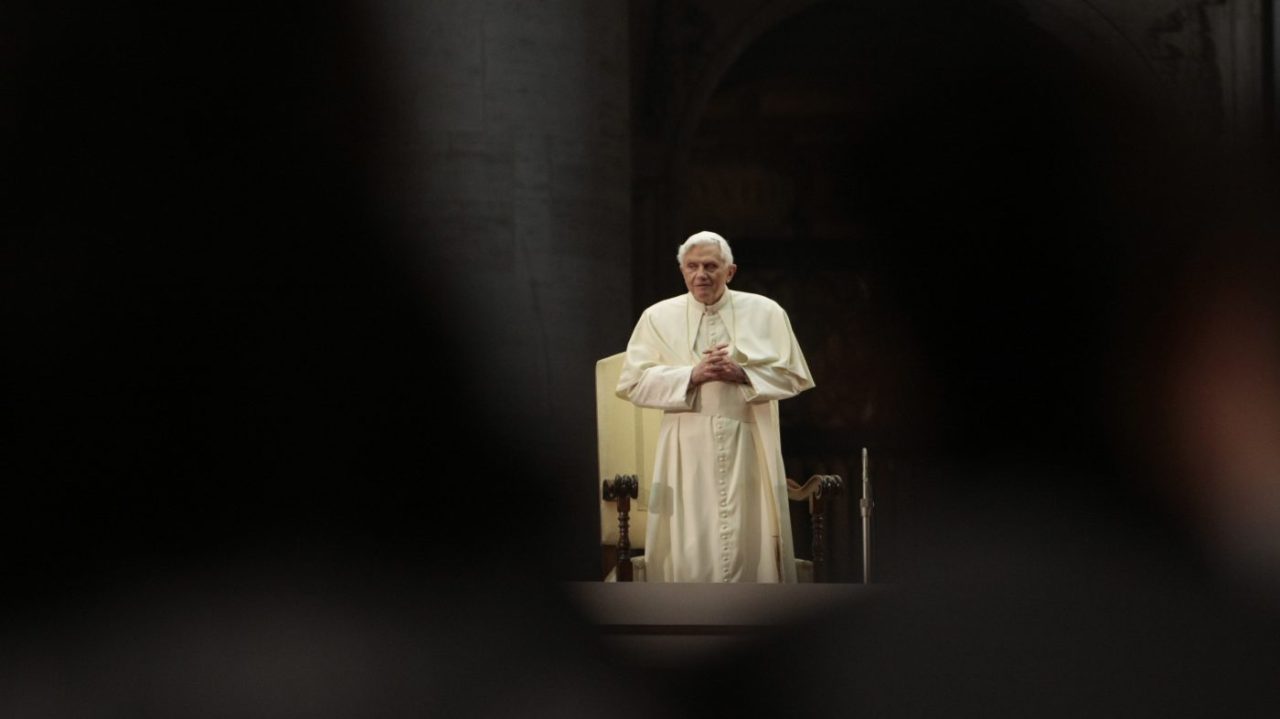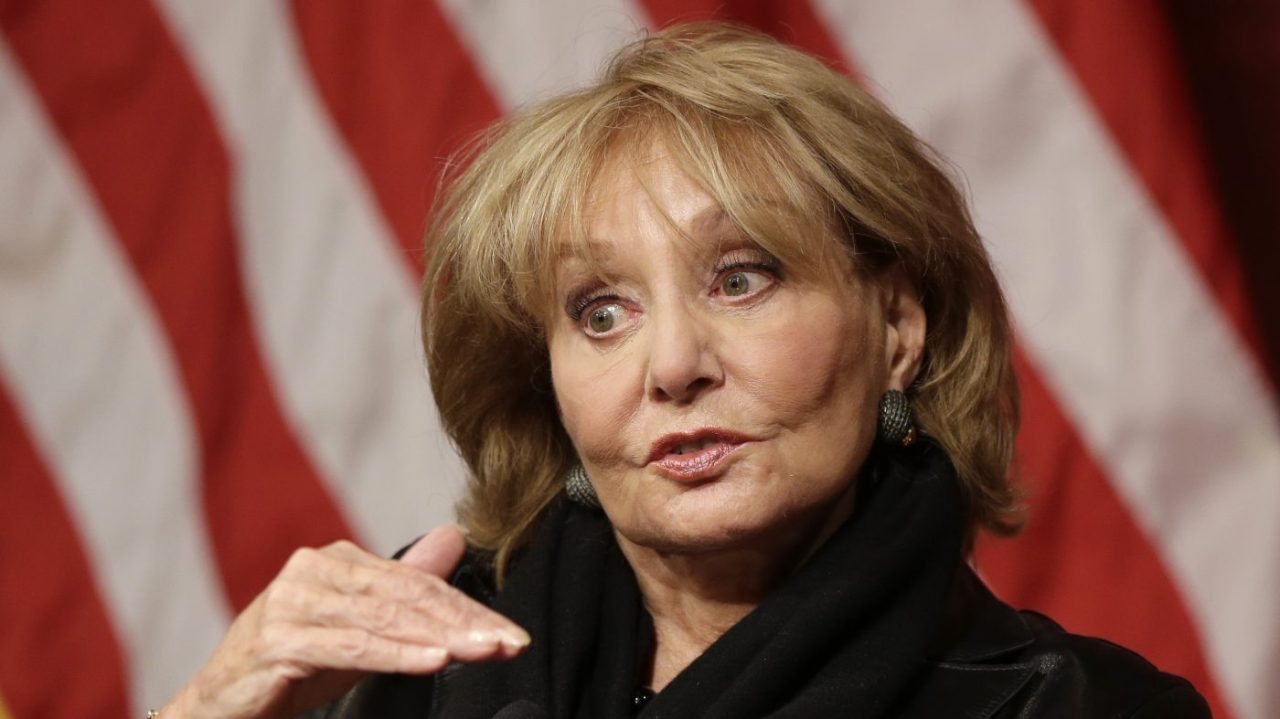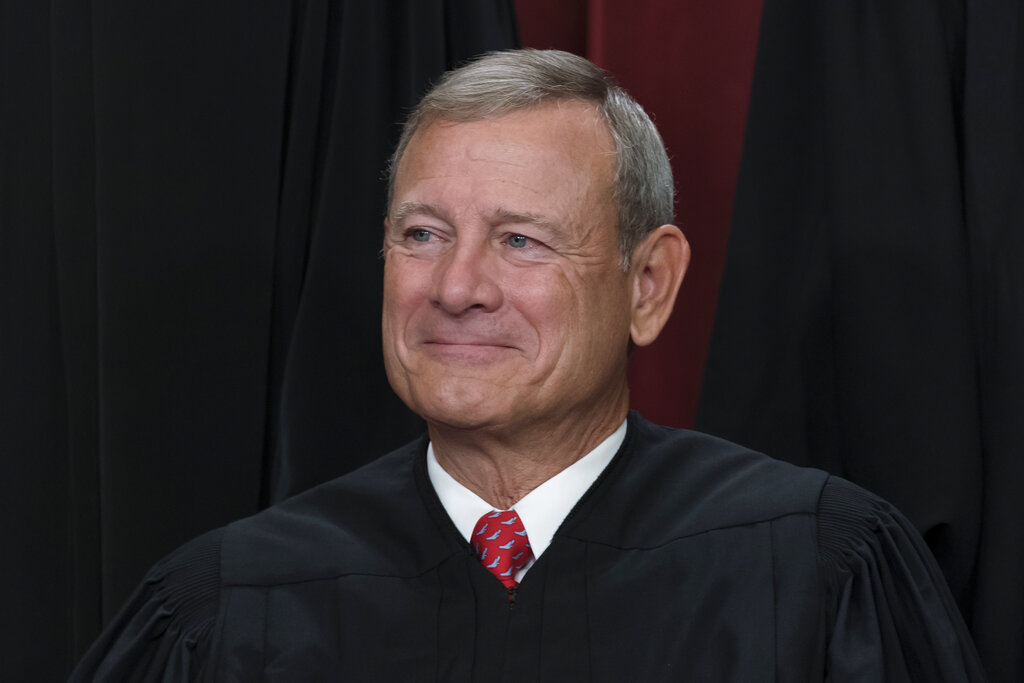Progressives are leaving 2022 riding high. This year, liberals pushed President Biden to the left, passed legislation in line with their philosophy and expanded their united bargaining power in Congress.
In Washington’s ever-changing expectations game, however, 2023 is sure to bring a fair amount of uncertainty to the Democratic Party’s left flank.
While Biden has shown a desire to embrace much of what drives liberals, the new year will test how far he is willing to depart from his moderate tendencies from the Oval Office.
On Capitol Hill, progressives will have to adjust to a new GOP House, notably without a natural standard-bearer leading their own side’s movement.
And in the judiciary, they’re preparing for court challenges to some of their biggest agenda items.
All that is set to play out as speculation mounts over whether Biden, 80, will run for a second term as president.
Here are the left’s 5 biggest unknowns for 2023:
1. Biden’s 2024 plans
Nothing will have a bigger impact on progressives’ plans for the future than the president’s decision on whether or not to seek reelection.
If there were doubts over Biden’s general fly-under-the-radar strategy, November quieted the naysayers. For months, while Democrats bemoaned the president and his administration’s approach to the midterms, the White House stuck to its course, keeping with the same game plan that Biden had seen work successfully in the past, such as when he was down in the 2020 Democratic primary before sweeping to victory.
Even as Biden’s approval ratings dipped lower and lower, Biden officials warned that issues such as protecting democracy and abortion access were equally important, and that they could offer a message that resonated in swing areas and even build on reach states such as Georgia if they could convince voters that they can deliver results.
The party’s relative success during the elections — better than many anticipated and other past cycles — is a convincing reason to believe that Biden, who has repeatedly said he intends to run again in 2024, will go through with it.
But things can change. If an unforeseeable event causes Biden to rethink a second term, an ensuing Democratic presidential primary would shine a bright light on progressive policies.
And to be sure, possible Democratic hopefuls are expected to keep up with the preliminary planning they started this year, while working with the administration as an ally — for now.
2. Biden’s appetite for shifting further left
Progressives have a degree of skepticism around Biden’s ability to adapt to the changing tides of his party. Things didn’t look so good for the left when Build Back Better, the expansive social safety net package, was being fought over by moderates and progressives in both chambers of Congress, with Biden often siding with key centrists.
But if 2021 was rife with doubt about where Biden stands, 2022 was the year of answers. The self-proclaimed moderate proved capable of gliding left on issues including student loan debt and climate change and ultimately signed the massive Inflation Reduction Act, with voters rewarding the party in power more than expected at the ballot box.
Liberals in Congress are now hopeful they can get more out of the president through executive orders in 2023, particularly as they are about to learn what it means to govern in the minority in the House. They want to see him go bolder on the climate, immigration and tax reform, and to take on new fights around antitrust and prescription drug pricing, where the Congressional Progressive Caucus is expected to make their case with fervor.
3. New dynamics in the House
Speaking of the House, there’s a new Democratic leader in the lower chamber who comes with a question mark.
Minority leader-in-waiting Hakeem Jeffries (N.Y.) has big shoes to fill from former longtime Speaker and caucus coraller Nancy Pelosi (Calif.).
Pelosi, a progressive, enjoyed a productive relationship with her party’s left wing, even when they butted heads over tactics and the practical limits of governance.
Jeffries is, for now, more of an unknown.
Progressives are optimistic that he’ll work with them in a similar fashion, but there’s less of a personal history and kinship to go off of. They’ve been pleased that he seems willing to get off on the right foot, including talking with “squad” members early on, but some of his own past work and political leanings open up questions about which way he’ll ultimately side in the year’s inevitable intraparty squabbles.
As a member of the progressive caucus, he’s often voted with their interests and hasn’t gone out of his way to antagonize the left like some House moderates. But his standing may be determined by his willingness to take on the bigger fights of the new year, when progressives have even more seats at the table and plan to use their expanded bench to push for issues where the two sides of the party don’t agree.
The new slate of members also comes with its own uncertainties. For now, it’s unknown how staunch left-wing incoming Democratic lawmakers, such as Reps.-elect Greg Cesar (Texas), Summer Lee (Pa.), and Maxwell Frost (Fla.) — who are diverse in age, gender, demographics and geography —will use their newfound power and influence in a minority position.
4. Lack of progressive standard-bearer
Biden’s position at the top of the party has added new elements to the ongoing debate about the direction Democrats are heading in 2023 — and who might be poised to lead from the left.
Sen. Bernie Sanders (I-Vt.), progressives’ iconoclastic leader, is still a profound voice for their flank. But, like Biden, he’s part of a caucus that’s becoming younger and more diverse, and the same questions that haunt the president over longevity and bandwidth also plague the 81-year-old Sanders.
With that in mind, it’s anyone’s guess who may adopt an elevated role as the unofficial leader for liberals in 2023.
Practically speaking, Sanders isn’t going anywhere. He’s set to take on a new assignment as chair of the Health, Education, Labor, and Pensions Committee, transitioning from his role overseeing the Budget Committee, and is expected to continue to push for his marquee positions such as Medicare for All.
But other progressives are also sharing the spotlight. Rep. Ro Khanna (D-Calif.) has put himself at the center of relevant debates around economics and what a more populist-progressive future could look like in the future. And newer members-elect, including Lee, Cesar, Frost, Delia Ramirez (D-Ill.), and Becca Balint (D-Vt.), among others, are already planning to make noise.
5. The courts
This year, the courts have had a massive impact on American politics, with the biggest earthquake being the Supreme Court’s decision to reverse Roe v. Wade and undo decades of precedent protecting reproductive rights.
One of the left’s signature accomplishments under Biden, an executive order to cancel large sums of federal student loan debt for thousands of people, is heading to the Supreme Court in late February. Justices will hear arguments about the president’s plan, which came after months of lobbying from advocates and progressive lawmakers who urged Biden to eliminate billions of dollars for struggling student borrowers.
The conservative-majority court is also expected to hear arguments on immigration relating to Title 42, a policy held over from former President Trump’s administration that progressives insist must be reversed.
And there’s always the possibility of a hypothetical Supreme Court opening, which could lead to a crazy free-for-all for both parties.
Beyond that, Democrats had also pressured the Senate to confirm a host of judges that Biden nominated during his first term, worried that if the upper chamber went to Republican control during the midterms there would be effectively no shot at getting those seats filled.
When Democrats increased their Senate majority by one, there was a sense of relief that there’s still time. But it’s an open question how many of those nominees will be secured and how strongly conservatives will push back.


